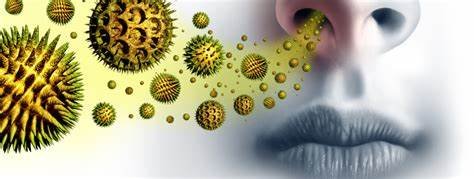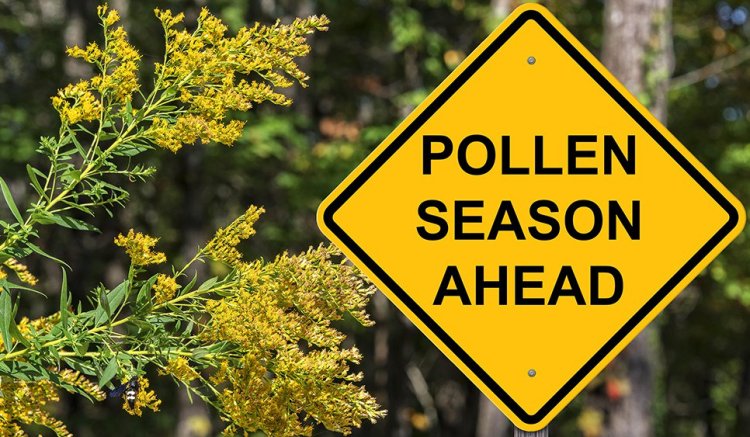Managing Symptoms During Seasons of High Pollen

For many, the season of allergies begins as spring does and flowers bloom. When the immune system reacts excessively to allergens like pollen, seasonal allergies, sometimes referred to as hay fever or allergic rhinitis, result in symptoms including sneezing, congestion, and itching eyes. There are numerous ways to control symptoms and reduce pain during high-pollen seasons, even though seasonal allergies can be annoying.
We'll go into strategies and advice in this blog to help you manage seasonal allergies and enjoy the outdoors without having to deal with the aggravation of allergy symptoms.
- Track Pollen Levels: Using apps, weather websites, or allergy tracking services, check local pollen counts to stay up to date on pollen levels in your community. When pollen levels are high, especially in the morning and early evening, cut back on outside activity.
- Maintain Clean Indoor Air: Close windows and doors, use HEPA filter air purifiers to eliminate airborne allergens, and routinely vacuum carpets and upholstery to prevent pollen accumulation to create a pollen-free haven inside. To guard against indoor allergens such dust mites, think about utilizing sleeping covers that are resistant to them.
- Practice Nasal Irrigation:Use a Neti pot or a saline nasal spray to assist clear your nasal passageways of mucus and pollen, which will relieve sinus pressure and congestion. To lower your chance of infection, rinse your nose with distilled or sterile water.
- Use Allergy-Friendly Landscaping: If you're a gardener, go for low-pollen or allergy-friendly plants for your garden, such ferns and succulents or flowers with thick, waxy petals. Keeping grasses and ragweed clipped and managed will reduce your exposure to high-pollen plants.

- Wear Protective Gear Outside: During periods of heavy pollen, protect your face and eyes from pollen by wearing sunglasses and a wide-brimmed hat. If you're gardening or mowing the lawn, two tasks that might stir up pollen particles, think about donning a respirator or pollen mask.
- Shower and Change Clothes: To get pollen off your skin and hair, take a shower and change into new clothing after being outside. When pollen counts are high, don't hang clothing outside to dry since they can gather pollen and bring allergens inside.
- Think About Allergy Drugs: Sneezing, itching, and nasal congestion can all be relieved by over-the-counter or prescription allergy drugs including decongestants, nasal corticosteroids, and antihistamines. Find out from your doctor or allergist which drug and dosage is best for your particular symptoms and medical history.
- Look into Allergy Immunotherapy: Allergy immunotherapy, such allergy shots or sublingual immunotherapy (allergy drops), may be advised for those with severe or enduring allergies. Over time, these therapies help desensitize the immune system to allergens, which lessens the intensity of allergic reactions and the requirement for drugs that relieve symptoms.
CONCLUSION
In summary, while seasonal allergies might be annoying, they can be efficiently controlled and avoided so that you may still enjoy the outdoors during periods of high pollution. Even during the busiest pollen seasons, you can take charge of your allergy symptoms and enjoy a more comfortable and enjoyable life by being informed, keeping your indoor environment clean, using nasal irrigation, using allergy-friendly landscaping, dressing in protective gear outdoors, showering after outdoor activities, thinking about allergy medications, and investigating allergy immunotherapy. Recall to speak with your allergist or medical professional for individualised guidance and suggestions catered to your particular allergy triggers and symptoms.
What's Your Reaction?


















